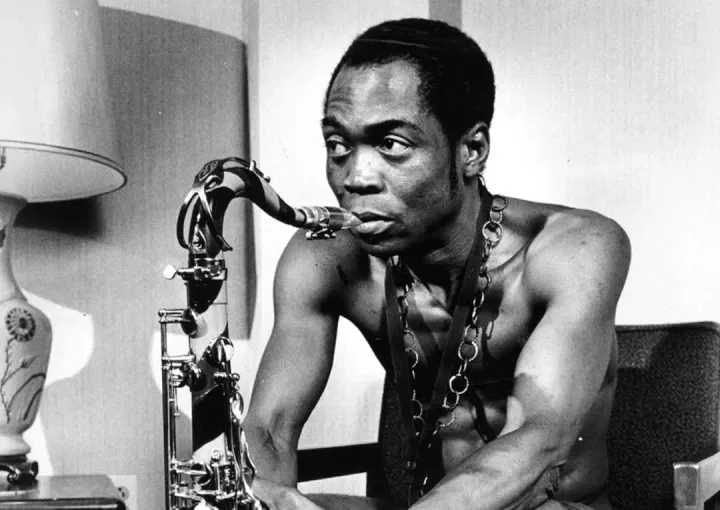
Kemi Badenoch/Getty Images
Conservative Party leader Kemi Badenoch has stated that she no longer considers herself Nigerian and refers to the UK as her “home.”
The UK Conservative Party chief has revealed she stopped identifying as Nigerian and hasn’t renewed her Nigerian passport since the early 2000s.
Though born in Britain, Badenoch spent her childhood years in Nigeria and the United States before returning to England at age 16 to pursue her studies.
During an appearance on the Rosebud podcast hosted by former MP and TV personality Gyles Brandreth, she explained she was “Nigerian through ancestry” but “by identity, I’m not really.”
In the previous year, Vice-President Kashim Shettima criticized Badenoch, claiming she had “denigrated” the nation.
The Conservative leader, who formerly resided in Lagos, provided detailed insights about her childhood during the podcast interview.
“I know the country very well, I have a lot of family there, and I’m very interested in what happens there,” she said. “But home is where my now family is.”
Related: Kemi Badenoch Becomes First Black Woman To Lead UK’s Conservative Party
Regarding her decision not to renew her passport, she explained: “I don’t identify with it anymore. Most of my life has been in the UK and I’ve just never felt the need to.”
She continued: “I’m Nigerian through ancestry, by birth, despite not being born there because of my parents… but by identity, I’m not really.”
Badenoch mentioned that during a visit to Nigeria following her father’s death, she required a visa, describing the process as “a big fandango.”
She credited her early Nigerian experiences with influencing her political views, particularly explaining “why I don’t like socialism.”
Reflecting on her childhood, “I remember never quite feeling that I belonged there,” she recalled, noting that she remembered “coming back to the UK in 1996 thinking: this is home.”
The Conservative leader described her family’s decision to send her back to the UK as stemming from “a very sad” reason.
“It was that my parents thought: ‘There is no future for you in this country’.”
She stated she hadn’t faced racial discrimination in the UK “in any meaningful form,” explaining: “I knew I was going to a place where I would look different to everybody, and I didn’t think that that was odd.
“What I found actually quite interesting was that people didn’t treat me differently, and it’s why I’m so quick to defend the UK whenever there are accusations of racism.”
Late last year, Badenoch drew criticism for describing her upbringing in Nigeria as marked by fear and insecurity during a period when the country struggled with widespread corruption.
Nigeria’s vice-president Kashim Shettima countered that his administration remained “proud” of Badenoch “in spite of her efforts at denigrating her nation of origin.” A representative for Badenoch dismissed the criticism.

 Fela Kuti Becomes First African Artist To Receive Posthumous Grammy Lifetime Achievement Award
Fela Kuti Becomes First African Artist To Receive Posthumous Grammy Lifetime Achievement Award  Venezuela Rejects US Interference, Says Interim Leader Rodríguez
Venezuela Rejects US Interference, Says Interim Leader Rodríguez  Governor Soludo Shuts Down Onitsha Main Market For One Week Over Sit-At-Home Defiance
Governor Soludo Shuts Down Onitsha Main Market For One Week Over Sit-At-Home Defiance  Pastor And Three Daughters Kidnapped By Bandits In Kaduna village
Pastor And Three Daughters Kidnapped By Bandits In Kaduna village ![Donald Trump, the US President, displays a signed founding charter for the Board of Peace at the World Economic Forum in Davos, Switzerland, on January 22, 2026 [AFP]](https://www.lionscrib.com/wp-content/uploads/2026/01/image-23-720x513.webp) What You Should Know About Trump’s New Board Of Peace
What You Should Know About Trump’s New Board Of Peace  30 Killed In Ugandan Post-election Violence
30 Killed In Ugandan Post-election Violence